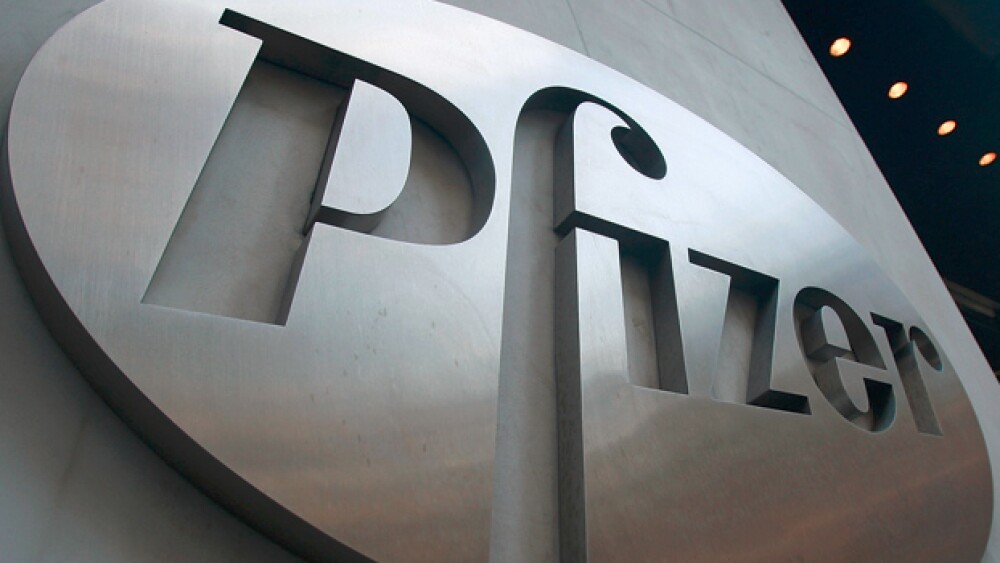Since the acquisition fell apart, Allergan has fallen on some hard times.
Should Pfizer make another play at acquiring Allergan? At least one analyst thinks the move would be a good one for the pharma giant.
Pfizer attempted to acquire Allergan in 2015 for $160 billion and relocate its headquarters to Ireland as part of a tax inversion plan the company hoped would cut its corporate tax burden. The move was dashed after the U.S. Treasury Department released new tax inversion rules ahead of the closure of the merger that make it more difficult for tax inversions to occur. Then in June of 2016, Pfizer Chief Executive Officer Ian Read said the company does not intend to attempt any more tax inversion deals after the Allergan deal fell apart.
So why should Pfizer make such an attempt again? Writing in Seeking Alpha analyst Jonathan Weber laid out several reasons for a second go at it. Weber said Allergan is “an attractive target trading at an inexpensive valuation.” Since the acquisition fell apart, Allergan has fallen on some hard times. The company’s market cap is valued at less than half its valuation when the two companies initially planned to merge. Earlier this month, Allergan announced plans to shake up its operations in order to cut costs due to increased pipeline competition and loss of exclusivity on some products. Snapping up Allergan would be “accretive to Pfizer’s bottom line and cash flows,” Weber said.
At the J.P. Morgan Healthcare Conference this week, Allergan Chief Executive Officer Brent Saunders said Allergan is in a solid position to unlock value in the near- and long-term.
“Our confidence is driven by the durable growth prospects for our businesses, the efforts we are taking to right-size the organization, our therapeutic area leadership, deep and high-potential pipeline and strong cash flows and balance sheet. Together, these elements provide a formidable foundation for Allergan to deliver value for shareholders in 2018 and beyond,” Saunders said at the healthcare conference.
While Allergan has seen its valuation decline Weber said “revenues and gross profits have risen by close to 20 percent and more than 30 percent” since the two companies scrapped plans for a merger.
With a new U.S. corporate tax rate of 21 percent, tax inversion would no longer be a driver for Pfizer to relocate its headquarters outside of the United States. With tax inversion off the table, Weber said it would make the likelihood of acquisition approval much higher.
Weber said Pfizer could fund a deal through a significant amount of cash on its robust balance sheet.
Will such a deal occur though? Weber posits that with M&A activity heating up due to changes in the U.S. tax code that have freed up monies kept overseas and Allergan’s dip in valuation, that company would be a strong candidate for takeover.
“Since we have seen M&A activity heat up over the last several months I do believe it is possible that this will be another takeover bid we could see in the near future - and it would be a smart one,” Weber said.
Pfizer announced a $162 million research collaboration deal this week with Canada-based Adapsyn Bioscience, Inc. to identify previously undiscovered natural products from Pfizer’s collection of microbial strains.
Allergan is set to release fourth quarter and full year 2017 financial results on Feb. 6. Shares of Allergan are up more than 3 percent this morning, trading at $176.15. Shares of Pfizer are up slightly trading at $36.58.





